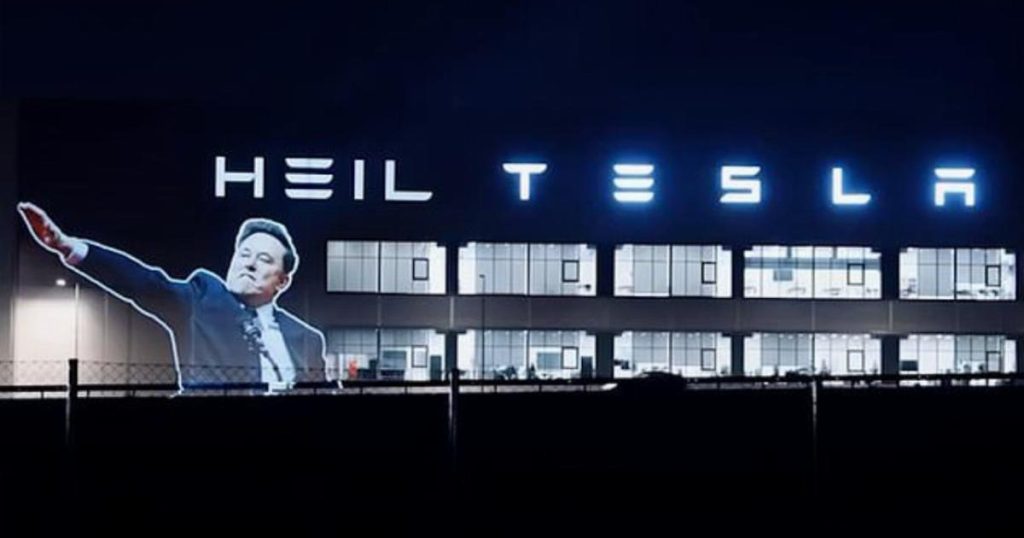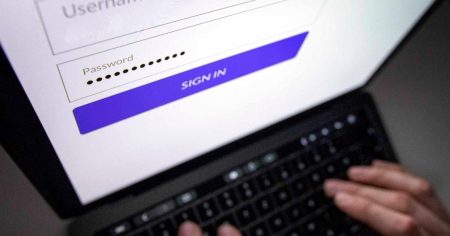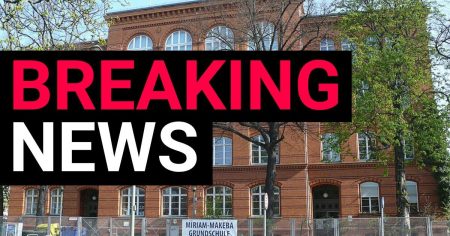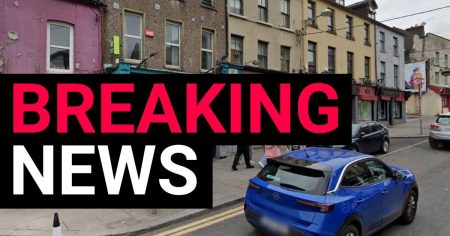Elon Musk, the CEO of Tesla and SpaceX, found himself at the center of controversy following a political rally in the United States where he performed a gesture that many interpreted as a fascist salute. This action sparked immediate backlash and prompted a protest at Tesla’s Gigafactory in Berlin, Germany. The protest, organized by the Centre for Political Beauty and Led By Donkeys, involved projecting an image of Musk’s gesture onto the factory walls, altered to include the word “Heil” in front of the Tesla logo. Further amplifying their message, the protestors projected the words “Boycott Tesla” and a five-minute video highlighting Musk’s perceived support for far-right movements across Europe.
The incident ignited a global debate about the meaning and intent behind Musk’s gesture. Millions viewed it as a deliberate Nazi salute, while others argued that it was taken out of context or simply an awkward expression of enthusiasm. German Chancellor Olaf Scholz addressed the issue, emphasizing the freedom of speech while simultaneously condemning any expression of support for extreme right-wing ideologies. This incident coincided with Musk’s appointment to lead Trump’s newly formed “Department of Government Efficiency,” raising further questions about his political leanings.
The rally, held shortly after Donald Trump’s inauguration as the 47th US president, saw Musk praising the electoral outcome as a pivotal moment for human civilization. His address to Trump supporters, held at the Capital One Arena in Washington, culminated in the controversial gesture, which he performed twice before leaving the stage. This gesture, described as bringing his right hand to his heart before extending his arm upwards with fingers together and palm down, resembled the infamous Nazi salute, fueling the accusations against him.
The protest at the Berlin Gigafactory, designed to draw attention to Musk’s perceived political affiliations, continued unimpeded by law enforcement. The Centre for Political Beauty, claiming that Musk’s vision of society had not yet been realized, indicated that this was just the beginning of their campaign. Their actions demonstrated a growing unease surrounding Musk’s influence and political stances.
While the controversy raged, the Anti-Defamation League (ADL), an organization dedicated to combating antisemitism, offered a more nuanced perspective. Acknowledging the similarity between Musk’s gesture and the Nazi salute, the ADL ultimately concluded that it was likely an “awkward gesture in a moment of enthusiasm” rather than a deliberate expression of Nazi ideology. Their call for grace and understanding amidst the heated debate sought to de-escalate the situation and encourage a more measured response from all sides.
This incident highlights the complexities of interpreting gestures and the potential for misconstrued intentions in the politically charged atmosphere of the modern world. Musk’s actions, whether intentional or not, have ignited a significant debate about the boundaries of free speech, the dangers of political extremism, and the responsibility of public figures to avoid actions that could be interpreted as endorsements of hate groups. The protests and ensuing discussions underscore the importance of careful consideration and sensitivity when engaging in political discourse, especially in a globally connected world where actions can have far-reaching and unintended consequences.











